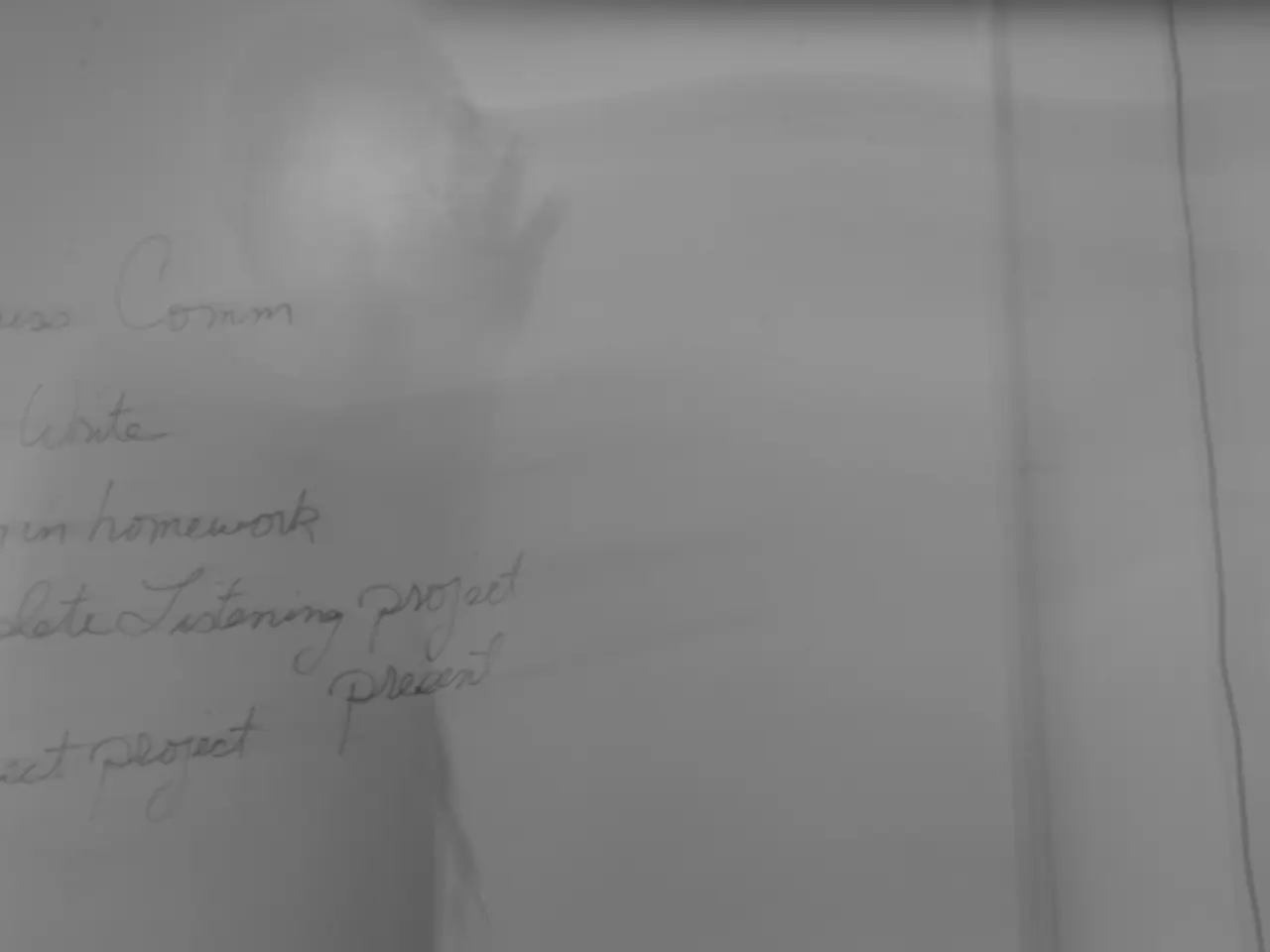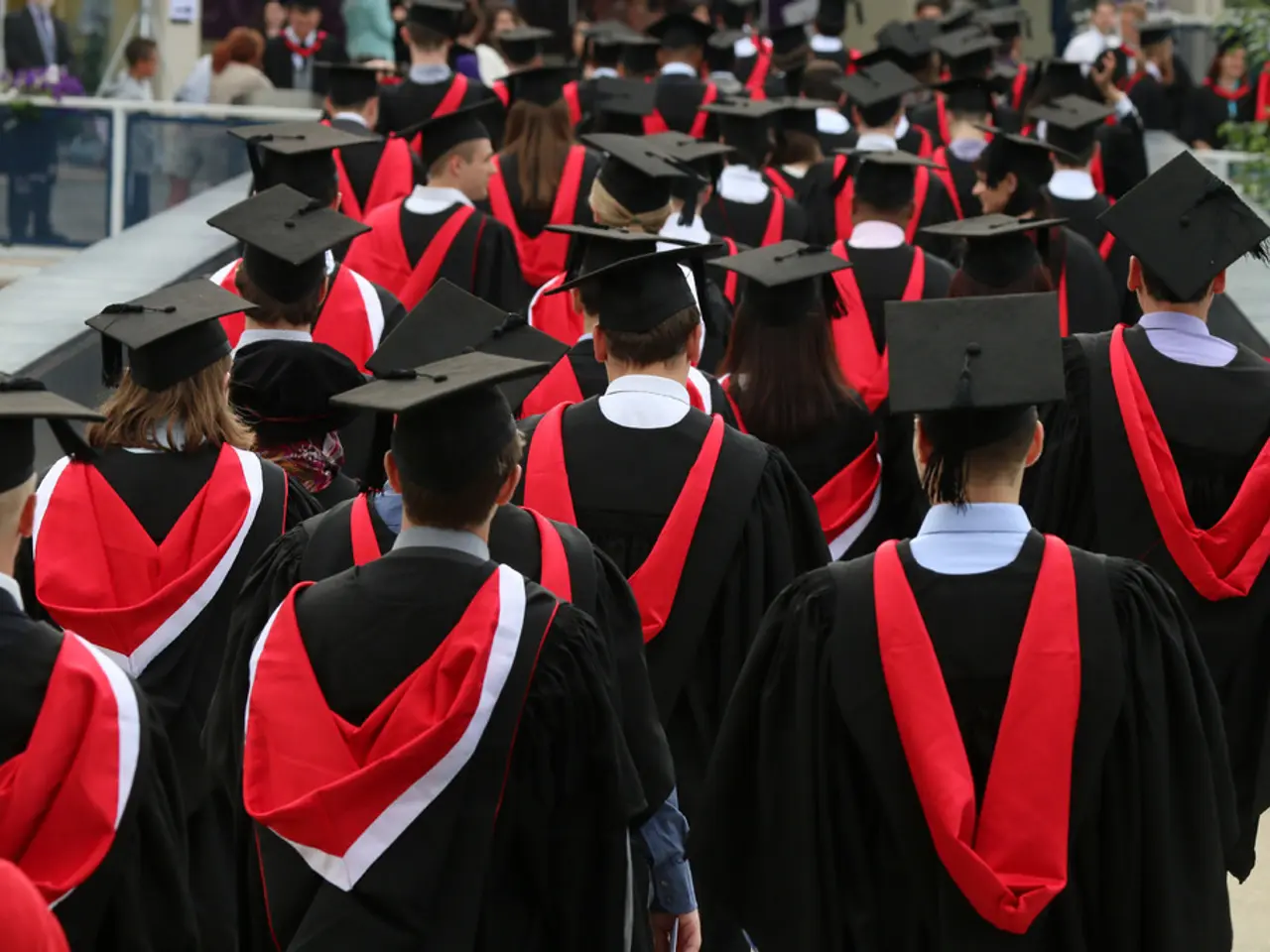Federal government under Trump's leadership instigates legal action against Harvard's intellectual property rights
The Trump administration is intensifying its fight with Harvard University over patents related to research funded by the federal government. The dispute centers around allegations that Harvard has failed to comply with federal laws, specifically the Bayh-Dole Act, which allows universities to patent research and inventions.
The administration, led by Commerce Secretary Howard Lutnick, is conducting an investigation to determine whether Harvard properly disclosed and managed patents resulting from federal research grants. If Harvard is found in breach of its legal obligations, the federal government could take control of the patents or grant third-party licenses under the Bayh-Dole Act.
This conflict marks a broad escalation of tensions between the Trump administration and Harvard University. The administration has demanded detailed information on Harvard’s federally funded patents, including licensing agreements and compliance with requirements like “substantial U.S. manufacturing.” Harvard has been given a deadline (September 5) to respond and demonstrate full compliance.
Potential consequences of this conflict could be far-reaching. The federal government could seize ownership of valuable patents that Harvard developed with federal funding, worth potentially hundreds of millions of dollars. The government could also grant third-party licenses for these patents without Harvard’s consent, which could undermine the university’s control and financial gains from these inventions.
Broader damage to Harvard’s research programs and intellectual property management could also occur, potentially discouraging innovation or collaboration. Moreover, this dispute could set a precedent for increased federal intervention in university patent rights, since march-in rights have historically never been exercised, and patent experts caution against broad use due to risks to trust in the patent system.
The conflict could also have broader political and legal implications, affecting not only Harvard but possibly other research institutions with federally funded patents.
Education Secretary McMahon, however, expressed optimism about the prospects of a deal with Harvard to restore funding and drop lawsuits and investigations. The "march-in" process, she stated, is a last resort, and negotiations with Harvard are continuing with hopes for a resolution outside of the courts.
References:
- Reuters (2020). Trump administration moves to take control of Harvard patents. [online] Available at: https://www.reuters.com/article/us-harvard-patents-idUSKBN25E26J
- CNN (2020). Trump administration threatens Harvard with seizure of patents. [online] Available at: https://www.cnn.com/2020/08/06/politics/trump-administration-harvard-patents/index.html
- The Washington Post (2020). Trump administration targets Harvard over patents, antidiscrimination law. [online] Available at: https://www.washingtonpost.com/education/2020/08/06/trump-administration-targets-harvard-over-patents-antidiscrimination-law/
- The New York Times (2020). Trump Administration Steps Up Pressure on Harvard Over Patents. [online] Available at: https://www.nytimes.com/2020/08/06/us/politics/harvard-patents-trump-administration.html
- This conflict between Harvard University and the Trump administration, stemming from allegations of non-compliance with the Bayh-Dole Act, could pose significant threats not only to the university's business interests in finance and education-and-self-development, but also to other research institutions that hold federal patents in areas like politics and business.
- The potential seizure of valuable patents developed with federal funding by the Trump administration raises questions about the future of university-based research and innovation, particularly in finance, politics, business, and education-and-self-development sectors, which rely heavily on patents for advancements.




